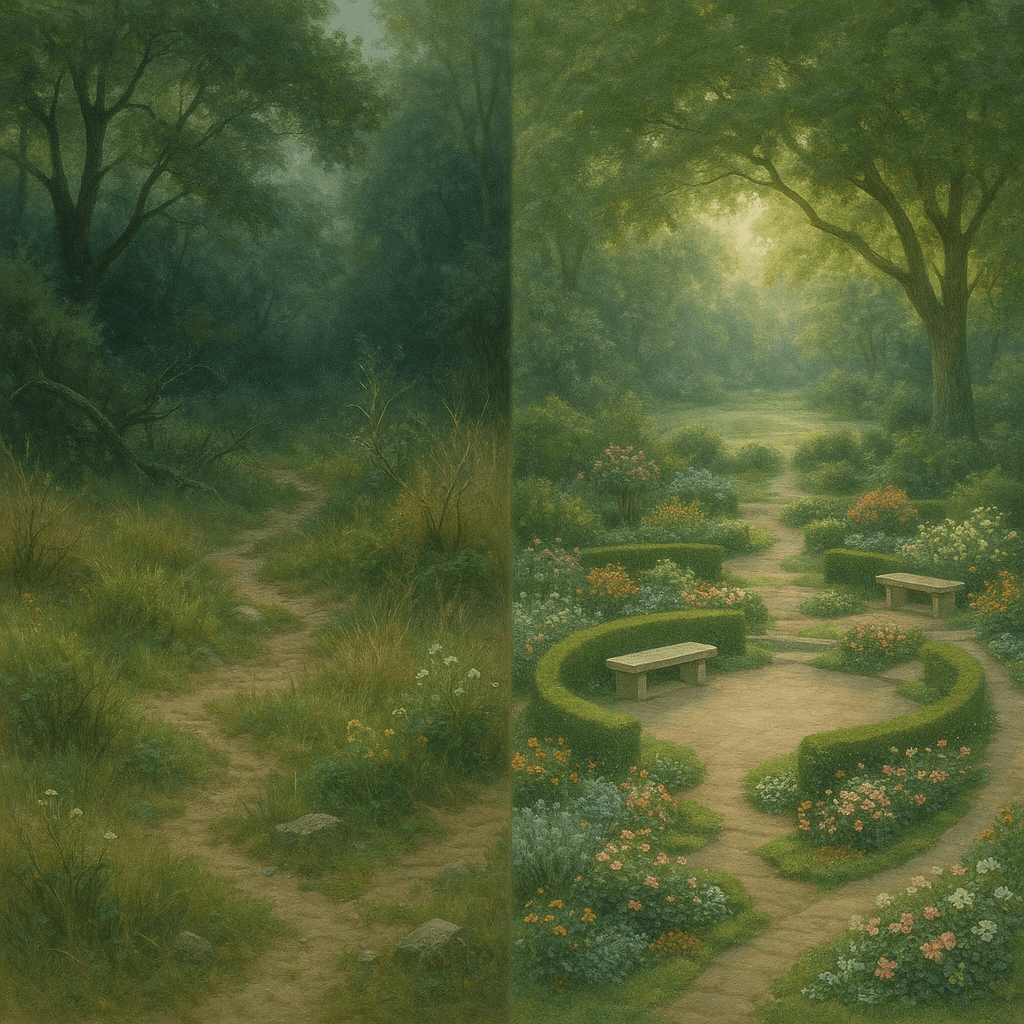Cultivating Inner Peace Through Silent Patience

To tame the mind, build a garden of silent waiting. — Rabindranath Tagore
The Mind as an Untamed Wilderness
Tagore’s evocative metaphor likens the mind to an ungoverned expanse—untamed, teeming, and often wild with restless thoughts. Before one can aspire to clarity or focus, it’s crucial to recognize this innate turbulence. From ancient times, thinkers such as the Buddha have described the mind as a monkey, leaping from branch to branch. Understanding this nature is a foundational step toward meaningful self-mastery.
The Garden: A Symbol of Cultivated Serenity
Transitioning from chaos to calm, Tagore invites us to tend inner soil much like a gardener. Gardens require intention, patience, and care—qualities also essential for nurturing a rested mind. In Japanese Zen traditions, for instance, raked gravel gardens offer more than aesthetic pleasure; they serve as tools for meditation, reminding practitioners that tranquility must be cultivated, not imposed.
Silent Waiting: Patience as an Active Practice
However, the heart of Tagore’s advice lies in ‘silent waiting.’ This is not passive idleness, but an active, attentive patience. Rather than forcing the mind into submission, one must create space for thoughts to settle naturally. The Christian contemplative Thomas Merton emphasized similar wisdom, advocating for quiet vigilance—attending gently to the present moment, allowing insights to arise within silence.
The Transformative Power of Stillness
Building on this, true transformation emerges not from noise or relentless striving, but from deliberate stillness. Neuroscientific research, such as studies on mindfulness meditation by Jon Kabat-Zinn (1990), demonstrates that periods of silent reflection can reduce stress and clarify thought. As one waits in silence, the ‘garden’ of the mind grows more harmonious, yielding resilience against invasive worries.
Fostering Patience in a Modern World
Finally, Tagore’s wisdom becomes even more relevant amidst the distractions of contemporary life. The practice of gardening patience—cultivating moments of quiet and acceptance—acts as a gentle antidote to daily overstimulation. By consciously creating and tending this silent inner garden, individuals find grounding, enabling them to meet the world’s tumult with composed presence and gentle strength.